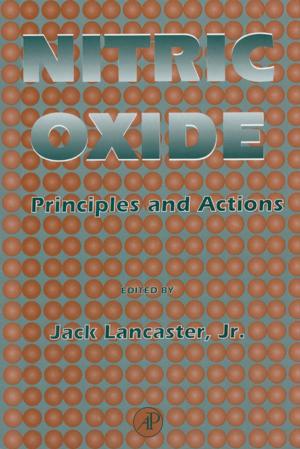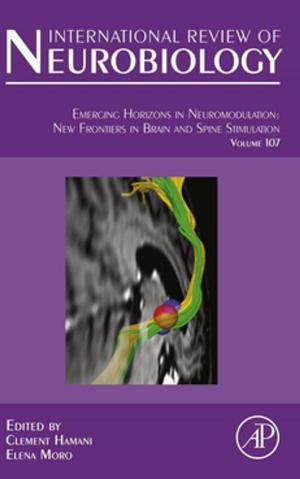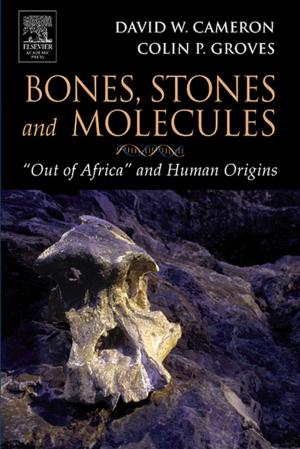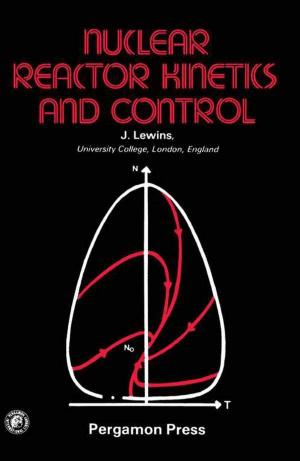Heuristic Search
Theory and Applications
Nonfiction, Computers, Advanced Computing, Artificial Intelligence, General Computing| Author: | Stefan Edelkamp, Stefan Schroedl | ISBN: | 9780080919737 |
| Publisher: | Elsevier Science | Publication: | May 31, 2011 |
| Imprint: | Morgan Kaufmann | Language: | English |
| Author: | Stefan Edelkamp, Stefan Schroedl |
| ISBN: | 9780080919737 |
| Publisher: | Elsevier Science |
| Publication: | May 31, 2011 |
| Imprint: | Morgan Kaufmann |
| Language: | English |
Search has been vital to artificial intelligence from the very beginning as a core technique in problem solving. The authors present a thorough overview of heuristic search with a balance of discussion between theoretical analysis and efficient implementation and application to real-world problems. Current developments in search such as pattern databases and search with efficient use of external memory and parallel processing units on main boards and graphics cards are detailed.
Heuristic search as a problem solving tool is demonstrated in applications for puzzle solving, game playing, constraint satisfaction and machine learning. While no previous familiarity with heuristic search is necessary the reader should have a basic knowledge of algorithms, data structures, and calculus. Real-world case studies and chapter ending exercises help to create a full and realized picture of how search fits into the world of artificial intelligence and the one around us.
- Provides real-world success stories and case studies for heuristic search algorithms
- Includes many AI developments not yet covered in textbooks such as pattern databases, symbolic search, and parallel processing units
Search has been vital to artificial intelligence from the very beginning as a core technique in problem solving. The authors present a thorough overview of heuristic search with a balance of discussion between theoretical analysis and efficient implementation and application to real-world problems. Current developments in search such as pattern databases and search with efficient use of external memory and parallel processing units on main boards and graphics cards are detailed.
Heuristic search as a problem solving tool is demonstrated in applications for puzzle solving, game playing, constraint satisfaction and machine learning. While no previous familiarity with heuristic search is necessary the reader should have a basic knowledge of algorithms, data structures, and calculus. Real-world case studies and chapter ending exercises help to create a full and realized picture of how search fits into the world of artificial intelligence and the one around us.
- Provides real-world success stories and case studies for heuristic search algorithms
- Includes many AI developments not yet covered in textbooks such as pattern databases, symbolic search, and parallel processing units















